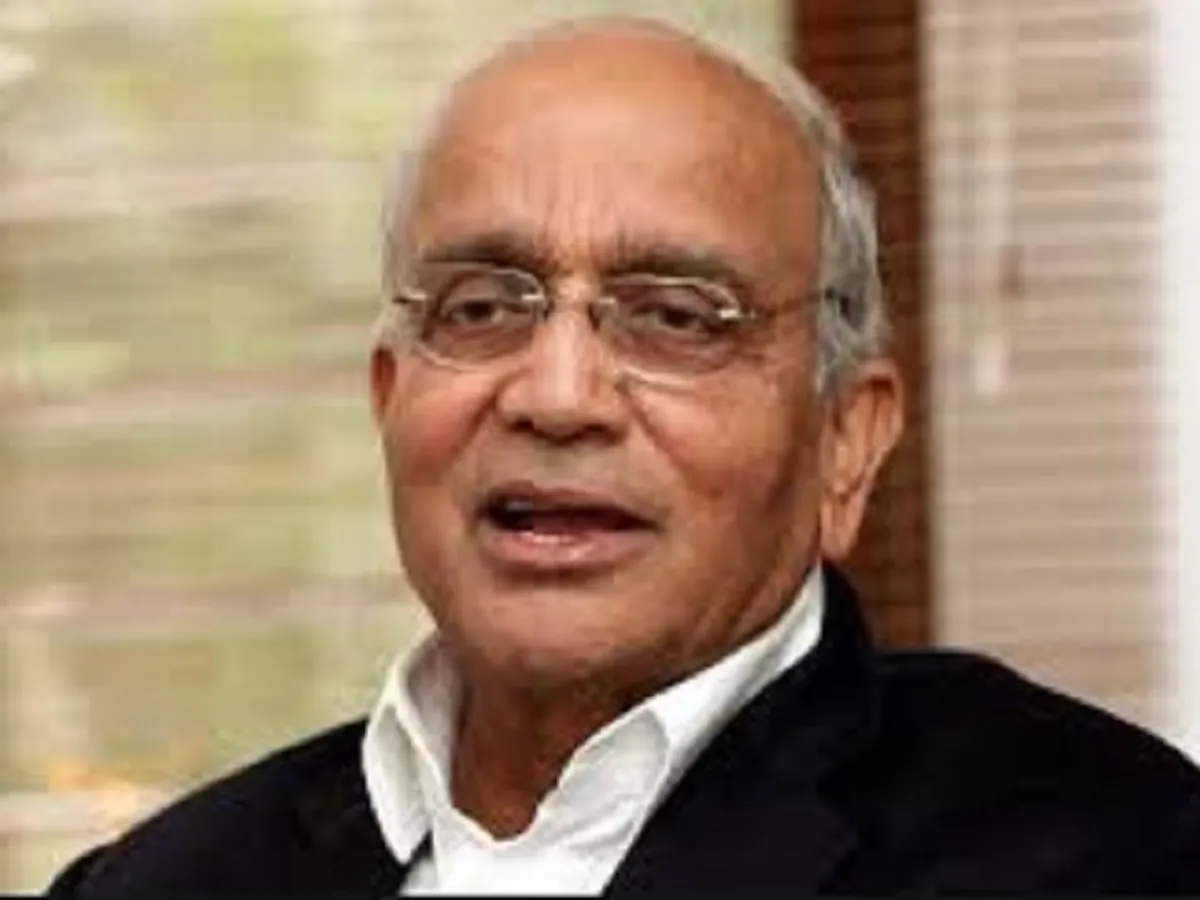
Maruti chairman says EVs won’t give desired results for next 10-15 years in India; here’s why
In India, where revenues per capita are a fraction of those in Europe and the United States and coal are the main source of electricity, electric vehicles (EVS) will not provide the desired reduction in carbon emissions for 10 to 15 years, Maruti Suzuki President RC Bhargava said.
The octogenarian explained that the macroeconomic landscape of India is different from the United States and Europe. The per capita income of the Indians accounted for only 5% of the Europeans and 3% of that of Americans and electric vehicles are much more expensive than the two wheels and small cars that Indians tend to buy “If we just adopt all the strategies they follow, I do not think we will do justice to what we need to do in India,” Bhargava said at the self Conclave 2022.
On why EVS will not provide the desired results earlier here, it stated that India uses coal heat stations to produce 75% of the energy used. “Therefore, the reduction of greenhouse gases using electric cars becomes much less than what is usually thought and electric cars in these circumstances are not clean cars at all,” he said Elements such as lithium, nickel and cobalt needed for EV battery production are not found in India. Thus, the transition to EVS transfers the dependence of India from India from crude to these elements. Therefore, the electrification of the automotive market in India will take 10 to 15 years, he said India should focus on GNC, Bio-CNG, ethanol and hybrid vehicles to reduce carbon emissions. Although the CNG has always been an acceptable alternative to other fossil fuels, the government does not contain any incentive to the GNC government, he deplored.
GNC cars are taxed exactly such as high pollutant gasoline and diesel vehicles, “he told Fortune India. He added that the use of Bio-CNGs, a carbon-negative fuel, is an alternative achievable for electrification because it is suitable for Indian conditions “The amount of waste we generate, agricultural or otherwise, has immense potential in the production of biofuels,” he said while asking the government to give it the same priority, if not higher than the EV program.

